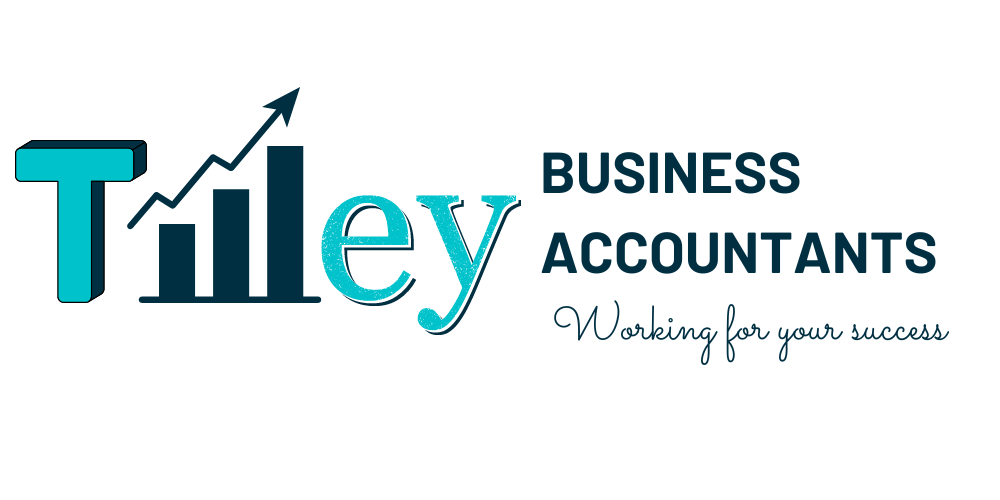Company & Trust Setup
Company & trust setup
Starting a business and choosing the right structure can be hard, but it doesn’t have to be if you have the right advice. Tilley Accountants specialise in business accountancy services for businesses of all size, structure and industries. With over 25 years’ experience, our expert staff can help you to set up, manage, report and meet compliance requirements.
Why use a specialist business accountancy practice to set up your business/company?
